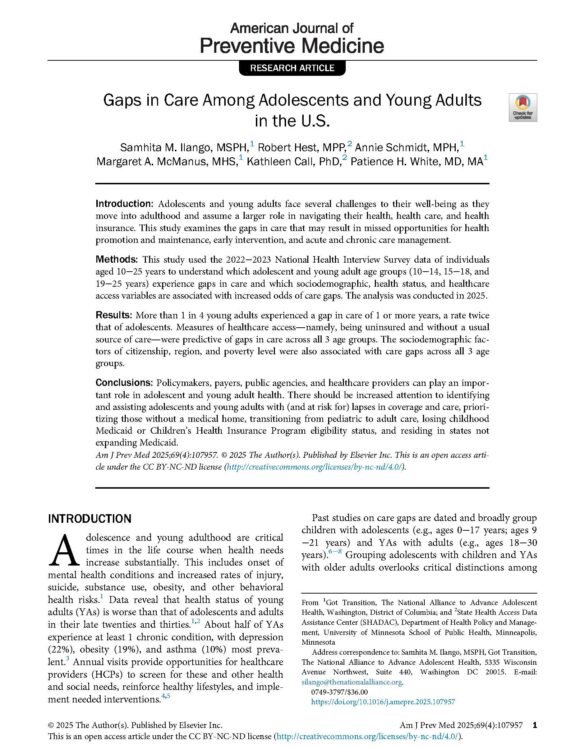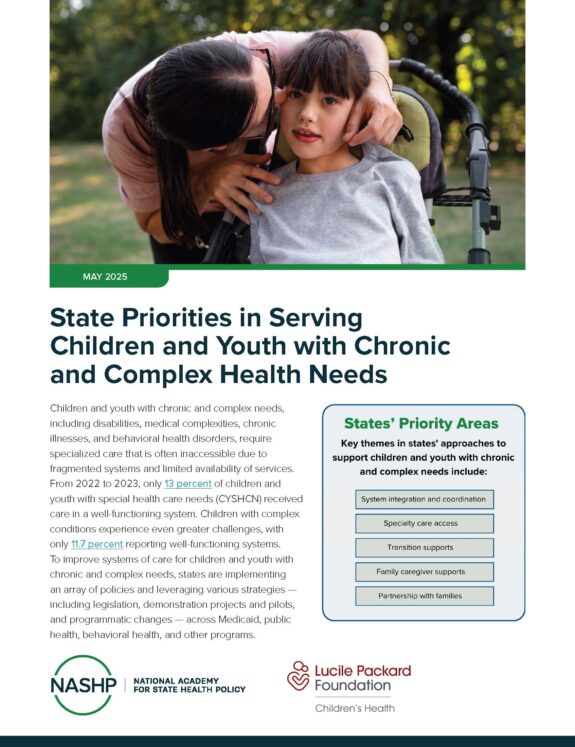An Experiment in Local Care Coordination: Lessons Learned from Phase I of the California Community Care Coordination Collaborative
Prior to 2013, the medical director of the California Children’ Services program in one large California county had never laid eyes on the medical director of the local Regional Center for developmental disabilities.
That lack of interaction between agencies serving children with special health care needs is not unusual, and would have come as no surprise to families in the area. Although children with complex and chronic conditions almost always require services from a wide range of providers, few reliable mechanisms are in place for organizations to share information about their mutual clients. Consequently, care tends to be fragmented and costly, and quality may be jeopardized. Families and care providers alike feel frustrated by how the system is organized.
This state of affairs began to change in several California counties in 2013, with the launch of the California Community Care Coordination Collaborative (5Cs). This pilot project, funded by the Lucile Packard Foundation for Children’s Health, was designed to test whether agencies could be brought together to improve local care coordination and collaborate on promoting needed system changes. This report takes a look at the results of the project’s first 18 months.



